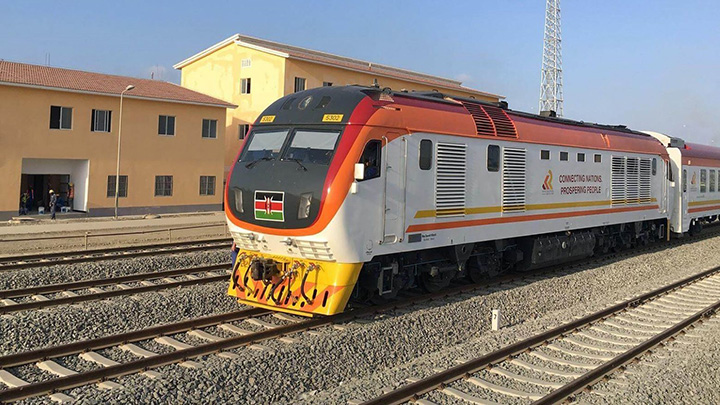The Nairobi City County has announced a significant increase in parking fees for saloon car owners in the bustling metropolis.
As a result, vehicle owners in the Kenyan capital will now have to pay Sh300 for daily parking, marking a noticeable hike from the previous fee of Sh200.
This adjustment comes into effect following Governor Johnson Sakaja's recent approval of the City County Finance Bill 2023, a move aimed at generating Sh42.3 billion in revenue for the 2023/24 financial year. In the previous year, the county managed to collect Sh25 billion in revenues.
Under the new regulations, motorists parking vans or pick-up trucks in Zone I will be subject to a daily parking fee of Sh500, up from the previous Sh200.
Furthermore, those opting to park trucks weighing over five tonnes in Zone 1 will face an increased daily fee of Sh3,000, previously Sh1,000.
Read More
The cost of parking a trailer has also risen to Sh4,000 from the former fee of Sh3,000.
Governor Sakaja has also implemented a monthly parking fee of Sh3,000 for non-digital taxis intending to park in Zone I.
This measure signals the end of free parking for such vehicles, with the intention of promoting efficient parking management in the city.
On the other hand, Zone II, which encompasses off-street parking at commercial centres and the County Market, has experienced a reduction in parking fees for saloon cars, dropping from Sh200 to Sh100.
The county government anticipates that this move will encourage motorists to seek parking options outside the central business district (CBD) to alleviate traffic congestion within the city.
It is worth noting that, despite the adjustments, motorists will continue to enjoy free parking on Sundays and public holidays.
These changes in parking fees are expected to provide additional revenue for the Nairobi City County while also helping to manage traffic flow and congestion in the CBD.
The governor's commitment to achieving a revenue target of Sh42.3 billion for the 2023/24 financial year underscores the importance of these measures in supporting the county's financial goals.









